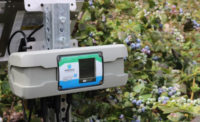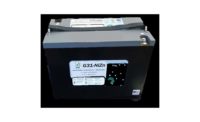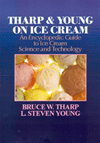UbiQD, Inc., a Los Alamos, N.M.-based nanotechnology development company, received a Phase II Small Business Technology Transfer (STTR) contract by the National Aeronautics and Space Administration (NASA), Washington, D.C.
The 24-month contract provides $750,000 in funding for UbiQD's collaborative research and development with the University of Arizona’s Controlled Environment Agriculture Center (UA-CEAC), Tucson, Ariz., to further explore using quantum dots to tailor the spectrum of sunlight for optimized crop growth for in-space and planetary exploration missions.
UbiQD’s quantum dot-enabled retrofit greenhouse film, UbiGro, deployed above rows of tomatoes in a research greenhouse in The Netherlands. The project demonstrated improved crop yields for red romaine lettuce, and resulted in a 13% increase in dry weight of the vegetable, as well as an 8% increase in leaf area.
“On long-duration space missions, where astronauts will need to make the most use of resources, boosting food production with this technology could be a ‘game-changer,’” says Gene Giacomelli, professor of biosystems engineering at University of Arizona, who leads the work at UA-CEAC. “There is definitely something positive in this material as well as the technology [that] UbiQD has implemented. I’m on their horse in this race.”
UbiGro film is designed to promote vegetable production and accelerate plant growth. UbiQD also partnered with commercial greenhouses to install the UbiGro product in 15 locations across six countries and five U.S. states, including New Mexico.
“We are thrilled to continue our work with the University of Arizona and NASA to improve the light quality for plants grown in space,” says Matt Bergren, principle investigator and chief product officer at UbiQD. “Our technology could not only help provide fresh fruit and vegetables to future astronauts on missions to the moon or Mars, but also benefit growers here on Earth.”











